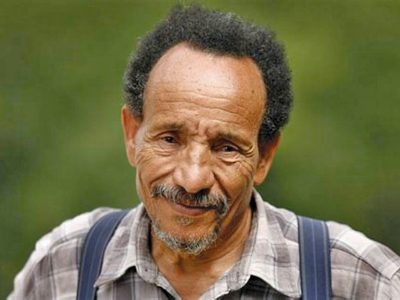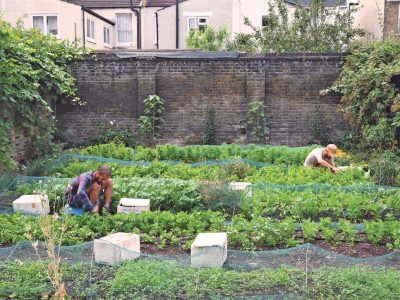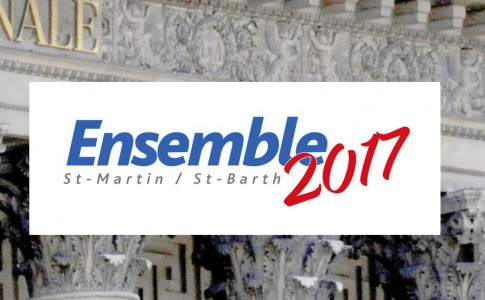We all hear about permaculture, but do we really know what it is?
The word permaculture is a contraction of agriculture and permanent, this movement was invented in the 70s by the Australians Mollison and Holgrem, precursors of the emergence of ecological consciousness, their observation was simple: "industrial agriculture threatens biodiversity and soil fertility, it is therefore necessary to create and develop stable and resilient agricultural systems ”
We can thus define permaculture as a mode of agriculture using few energy resources and human intervention, while leaving wild nature as much space as possible.
But before being a technique of ecological agriculture or gardening, permaculture is above all a philosophy of life where animals, insects, human beings, plants and micro-organisms live in harmony in a healthy and self-sufficient environment.
Permaculture aims to make our habitat a harmonious, productive, autonomous, naturally regenerated ecosystem, respectful of nature and all its inhabitants. The goal of permaculture is to take care of nature, people and share equitably.
Permaculture is therefore not just an agricultural technique. Its scope is wider. It consists of designing sustainable and resilient living spaces. It therefore incorporates all of the good practices in organic farming, but also renewable energies and green building.
Joining the principles of sustainable development, permaculture promotes the culture of permanence and requires human beings to become less dependent on industrial production and distribution systems.
We cannot talk about permaculture without thinking of its most fervent supporter, Pierre Rabhi, ecologist, essayist, farmer, and in particular the founder of the Colibris Movement, an association created in 2007.
The association's mission is "to inspire, connect and support citizens engaged in an individual and collective transition process". It carries out a number of activities aimed at promoting ecological farming practices, participatory housing, alternative education, participatory governance and responsible consumption.
Pierre Rabhi wrote in 2010 the international charter for the Earth and Humanism. It highlights proposals for a model of society where “time no longer rhymes with money, where silence is wonderful, where you have to live to take care of life. "
In conclusion, permaculture is based on principles as old as the world: careful observation of nature, which is perfect as it is and knows how to manage itself without the hand of man.
“We will have to respond to our true vocation, which is not to produce and consume until the end of our lives, but to love, admire and take care of life in all its forms. »Pierre Rabhi
More info: www.colibris-lemouvement.org/
7,858 total views











No comments